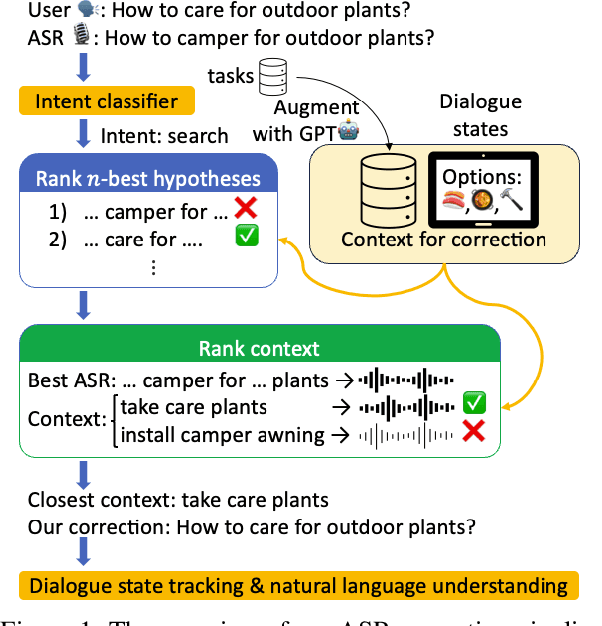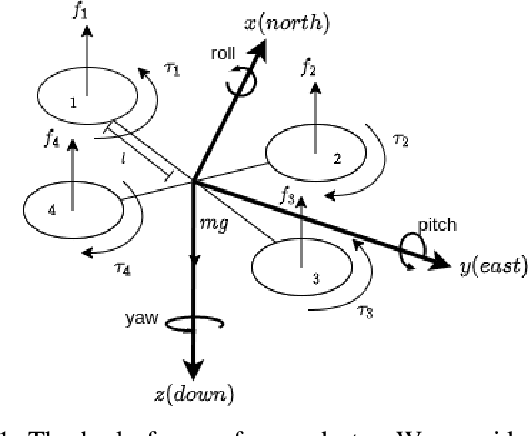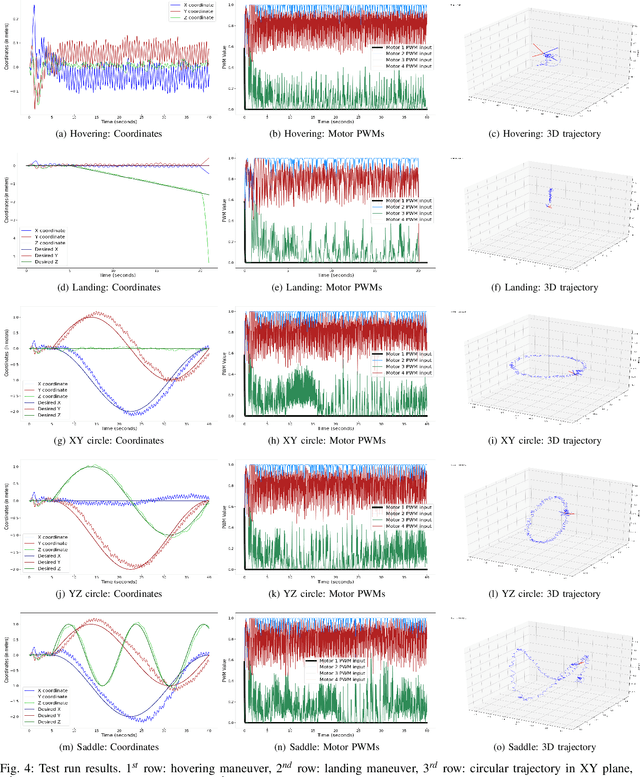Paras Sharma
Contextual ASR Error Handling with LLMs Augmentation for Goal-Oriented Conversational AI
Jan 10, 2025



Abstract:General-purpose automatic speech recognition (ASR) systems do not always perform well in goal-oriented dialogue. Existing ASR correction methods rely on prior user data or named entities. We extend correction to tasks that have no prior user data and exhibit linguistic flexibility such as lexical and syntactic variations. We propose a novel context augmentation with a large language model and a ranking strategy that incorporates contextual information from the dialogue states of a goal-oriented conversational AI and its tasks. Our method ranks (1) n-best ASR hypotheses by their lexical and semantic similarity with context and (2) context by phonetic correspondence with ASR hypotheses. Evaluated in home improvement and cooking domains with real-world users, our method improves recall and F1 of correction by 34% and 16%, respectively, while maintaining precision and false positive rate. Users rated .8-1 point (out of 5) higher when our correction method worked properly, with no decrease due to false positives.
A Model-free Deep Reinforcement Learning Approach To Maneuver A Quadrotor Despite Single Rotor Failure
Sep 22, 2021



Abstract:Ability to recover from faults and continue mission is desirable for many quadrotor applications. The quadrotor's rotor may fail while performing a mission and it is essential to develop recovery strategies so that the vehicle is not damaged. In this paper, we develop a model-free deep reinforcement learning approach for a quadrotor to recover from a single rotor failure. The approach is based on Soft-actor-critic that enables the vehicle to hover, land, and perform complex maneuvers. Simulation results are presented to validate the proposed approach using a custom simulator. The results show that the proposed approach achieves hover, landing, and path following in 2D and 3D. We also show that the proposed approach is robust to wind disturbances.
 Add to Chrome
Add to Chrome Add to Firefox
Add to Firefox Add to Edge
Add to Edge